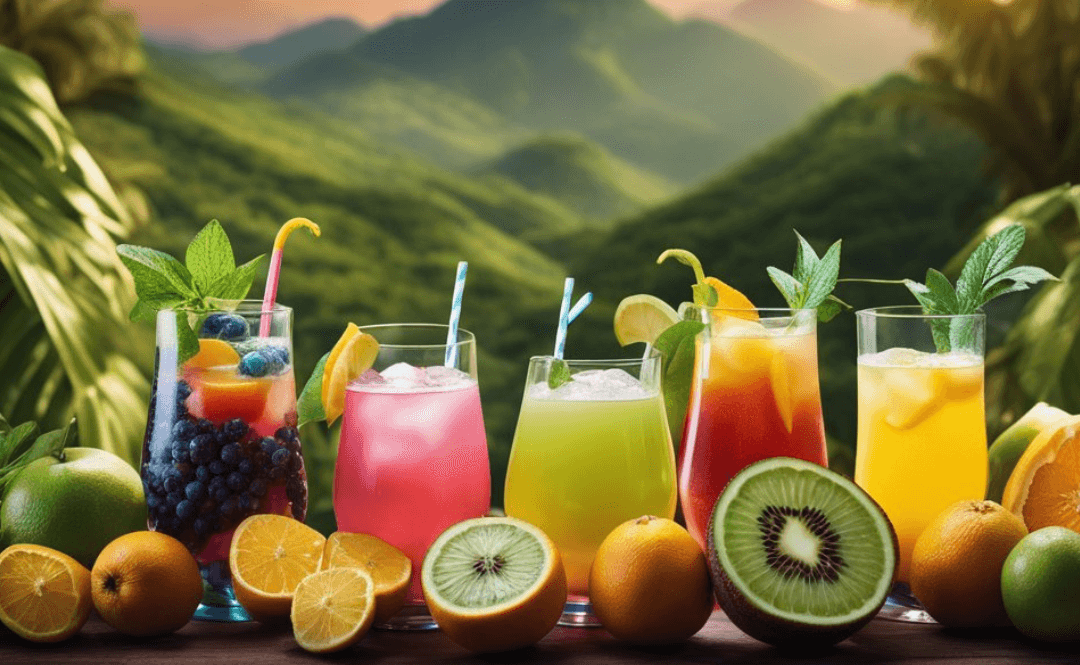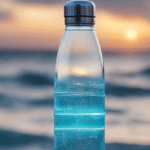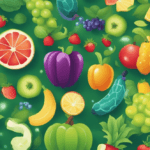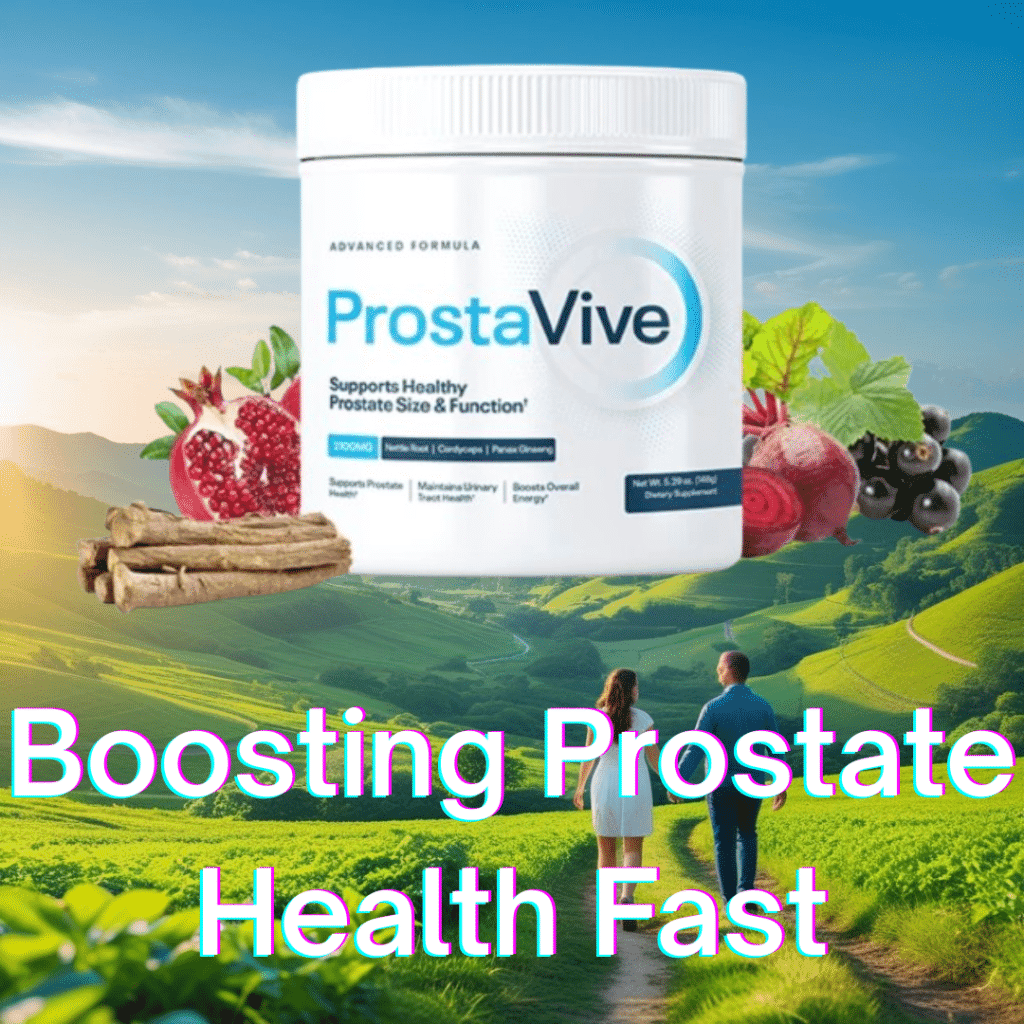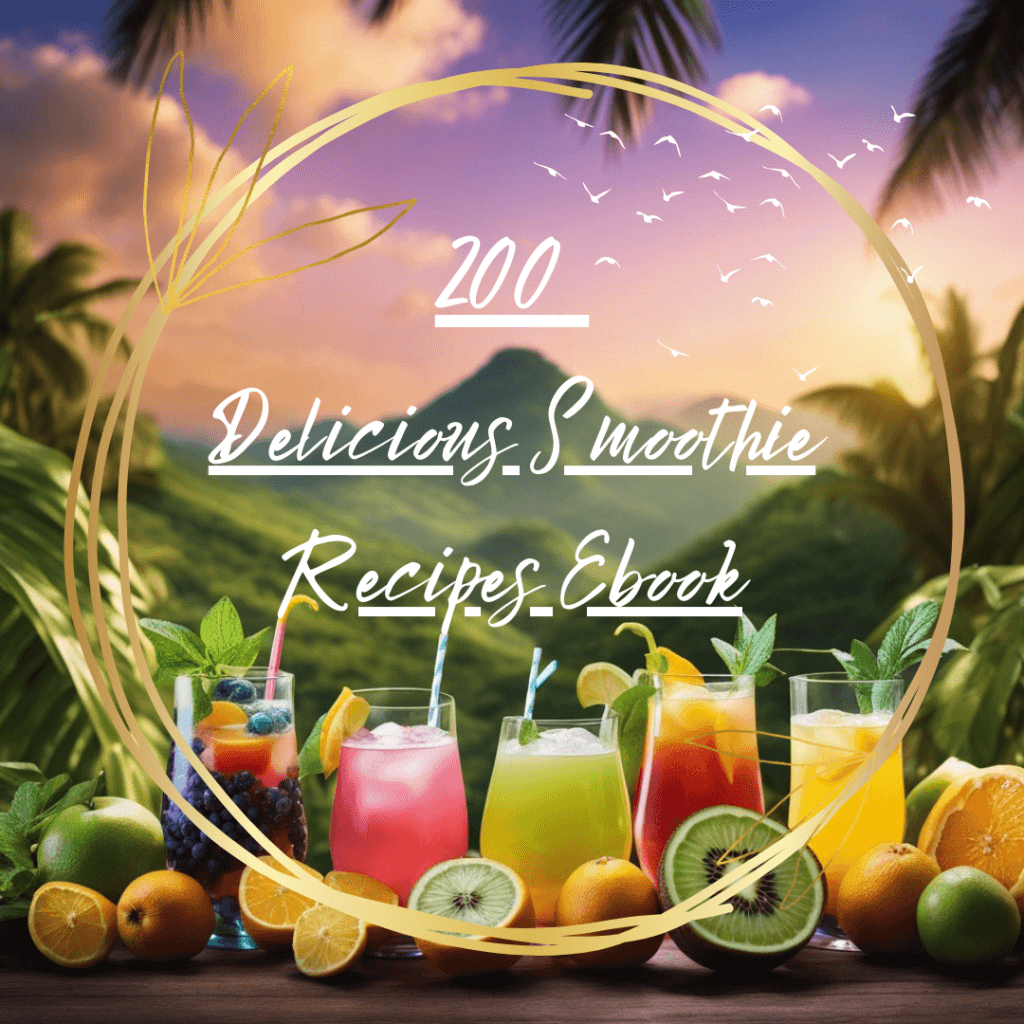Healthy Hydration Alternatives aren’t just mythical creatures like unicorns or a perfectly ripe avocado; they’re real, they’re fabulous, and they’re here to shake up your sipping habits! Let’s face it: while water is the go-to guru for staying hydrated, sometimes our taste buds are itching for a detour on the road to Refreshment City. So, if you’re ready to dive into a world where hydration doesn’t yawn at the sight of plain H2O, buckle up! Our tantalizing tour of delicious drinks promises to keep your cells happily humming with hydration, without skimping on flavor. Join us as we pour through the ultimate quick guide to quenching your thirst with panache! 🍹
Staying hydrated is essential for maintaining good health. While water is the best and most natural source of hydration, it’s not the only option available. There are many other nutritious and low-calorie drinks and foods that can help you stay hydrated and healthy.
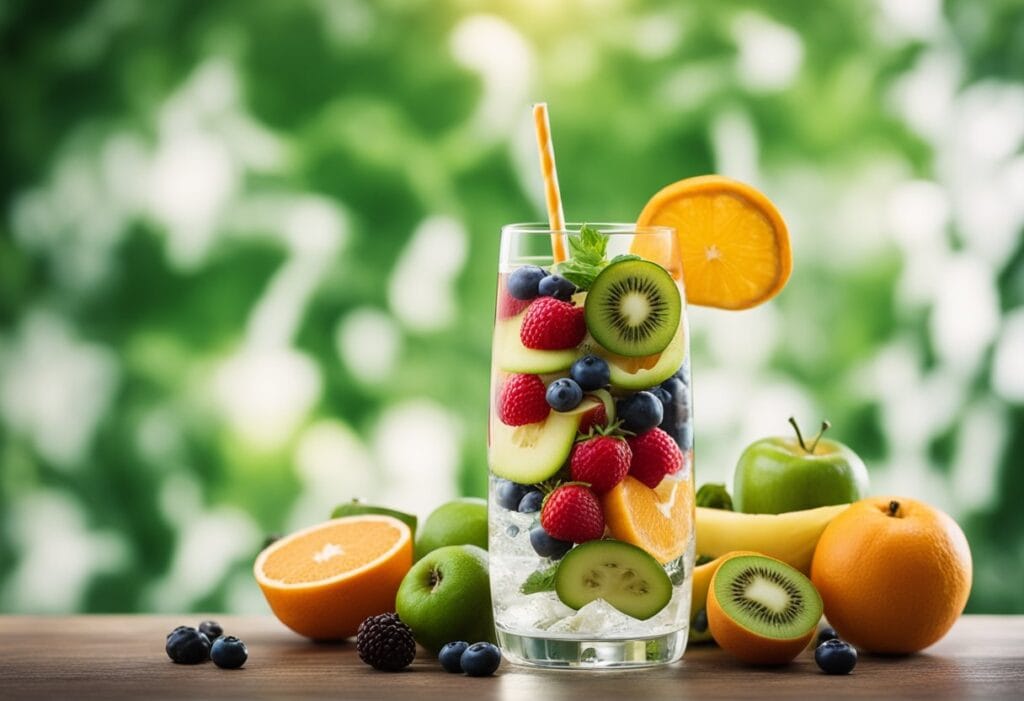
Understanding Hydration and Its Importance: Water is essential for our body to function properly. It helps regulate body temperature, transport nutrients, and remove waste. Dehydration can lead to fatigue, headaches, and even more serious health problems. It’s important to stay hydrated throughout the day, especially during hot weather or when engaging in physical activity.
Nutritious Water Alternatives: If you’re looking for healthy and tasty alternatives to plain water, there are plenty of options to choose from. Herbal teas, coconut water, and vegetable juices are just a few examples of nutritious drinks that can help you stay hydrated. Hydrating foods such as watermelon, cucumber, and strawberries can also help you meet your daily hydration needs.
Overview
Key Takeaways
- Staying hydrated is essential for maintaining good health.
- Water is the best and most natural source of hydration, but there are many other nutritious and low-calorie drinks and foods that can help you stay hydrated and healthy.
- Herbal teas, coconut water, and hydrating foods such as watermelon and cucumber are great alternatives to plain water.
Understanding Hydration and Its Importance
Hydration is the process of providing adequate fluids to the body to maintain its normal functions. It is essential for our overall health and well-being. The human body is made up of approximately 60% water, and fluids are necessary for many body functions, including regulating body temperature, lubricating joints, protecting organs, and removing waste products.
Role of Water in Body Functions
Water is essential for many body functions. It helps maintain blood volume, which is necessary for the transport of oxygen and nutrients to the body’s cells. Water also helps regulate body temperature by sweating, which cools the body when it becomes too warm. Additionally, water is necessary for the proper functioning of the digestive system, as it helps break down food and absorb nutrients.
Consequences of Dehydration
Dehydration occurs when the body loses more fluids than it takes in. This can occur due to excessive sweating, vomiting, diarrhea, or not drinking enough fluids. Dehydration can lead to a variety of health problems, including headaches, dizziness, fatigue, and constipation. In severe cases, dehydration can lead to heat exhaustion or heat stroke, which can be life-threatening.
To prevent dehydration, it is essential to drink enough fluids throughout the day. Water is the best choice for hydration, but there are also other healthy alternatives to water, such as coconut water, herbal tea, and fresh fruit juice. These alternatives provide fluids and electrolytes, which are essential for maintaining proper hydration levels.
In conclusion, hydration is essential for maintaining good health and well-being. Drinking enough fluids throughout the day is crucial for regulating body temperature, lubricating joints, protecting organs, and removing waste products. Dehydration can lead to a variety of health problems, so it is essential to stay hydrated by drinking enough fluids throughout the day.
Nutritious Water Alternatives
When it comes to hydrating our bodies, water is often the first choice for many of us. However, there are plenty of other healthy and delicious alternatives to water that can provide us with the necessary hydration and nutrients. In this section, we will explore some of the best nutritious water alternatives that you can try.
Herbal Teas and Their Benefits
Herbal teas are a great way to hydrate your body while also providing it with some extra nutrients. Some of the most popular herbal teas include chamomile, peppermint, and ginger tea. Chamomile tea is known for its calming properties, while peppermint tea can help soothe an upset stomach. Ginger tea is great for boosting the immune system and reducing inflammation.
Fruit and Vegetable Infusions
Infusing water with fruits and vegetables is a great way to add some flavor and extra nutrients to your hydration routine. Some of the best fruits and vegetables to infuse your water with include strawberries, lemons, cucumbers, and mint leaves. Strawberries are rich in vitamin C and antioxidants, while lemons are great for detoxifying the body. Cucumbers are a great source of hydration and can help reduce inflammation, while mint leaves can help soothe an upset stomach.
Natural Coconut Water
Coconut water is a natural and refreshing alternative to water that is packed with nutrients. It is rich in potassium, magnesium, and antioxidants, making it a great choice for replenishing electrolytes and reducing inflammation. Coconut water is also low in calories and sugar, making it a great choice for those who are watching their weight.
In conclusion, there are plenty of healthy and delicious alternatives to water that can provide us with the necessary hydration and nutrients. Whether you choose to drink herbal teas, fruit and vegetable infusions, or natural coconut water, you can rest assured that you are doing your body a favor by staying hydrated and nourished.
Low-Calorie Drinks for Weight Management
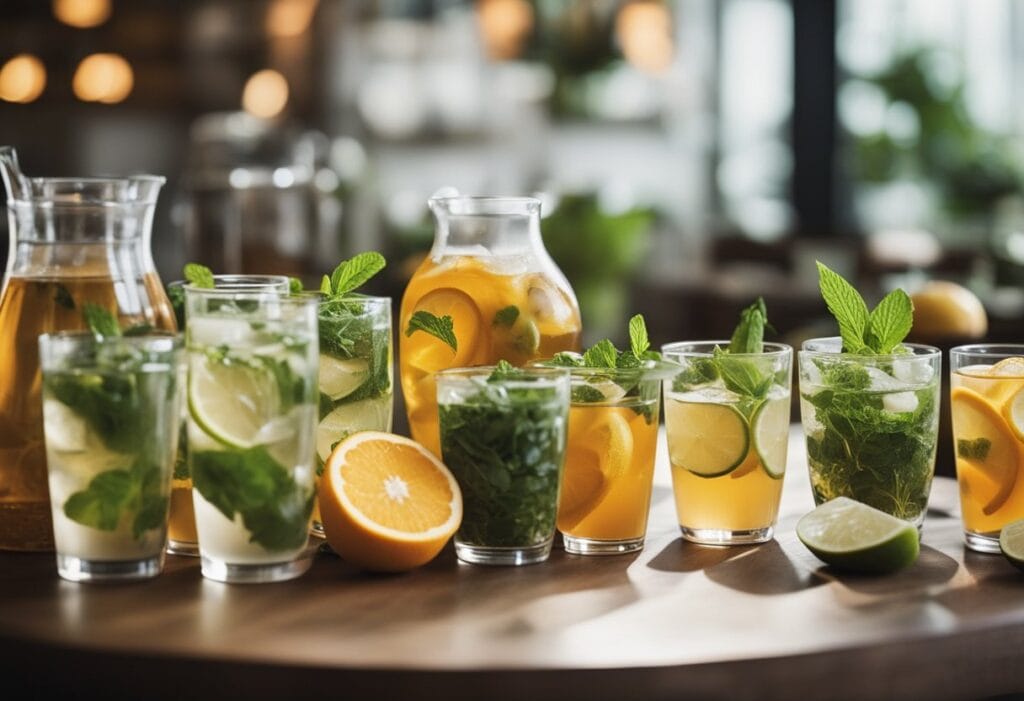
When it comes to weight management, we often hear that drinking water is the best choice. But what if you’re looking for something with a little more flavor? Luckily, there are plenty of low-calorie drinks that can help you stay hydrated and manage your weight at the same time. Here are two options to consider:
Sparkling Water Varieties
Sparkling water is a great alternative to sugary drinks and can be a refreshing way to stay hydrated. Many brands offer flavored varieties that are low in calories and sugar. For example, Hint and LaCroix both offer a variety of flavors with zero calories and no added sugars. These drinks can help you stay on track with your weight management goals without sacrificing taste.
Plant-Based Milks
If you’re looking for a creamy, low-calorie drink, plant-based milks are a great option. Almond milk, for example, is a popular choice that is low in calories and fat-free. It’s also lactose-free, making it a great option for those with lactose intolerance. Other plant-based milks, such as soy milk and oat milk, can also be low in calories and provide a variety of nutrients. Just be sure to choose unsweetened varieties to keep the calorie count low.
In conclusion, there are plenty of low-calorie drinks that can help you stay hydrated and manage your weight. Sparkling water and plant-based milks are just two examples of healthy alternatives to sugary drinks. By incorporating these drinks into your diet, you can stay on track with your weight management goals without sacrificing taste or nutrition.
Hydrating Foods to Include in Your Diet

Staying hydrated is essential for maintaining good health. While drinking water is the most obvious way to hydrate, it is not the only way. Including hydrating foods in your diet can help you stay hydrated and also provide you with additional nutrients.
Hydration Through Soups and Broths
Soups and broths are excellent sources of hydration. They are made with water and often contain vegetables and/or meat, which adds to their nutrient content. In addition, soups and broths are easy to digest, making them a great option for people who have trouble drinking plain water.
Some soups and broths that are particularly hydrating include vegetable soup, chicken noodle soup, and bone broth. Vegetable soups are a great option because they are low in calories and high in fiber, which can help you feel full for longer. Chicken noodle soup and bone broth are both rich in protein, which can help you feel satisfied and energized.
Fresh Fruits and Salads
Fresh fruits and salads are another great way to stay hydrated. Fruits like watermelon, strawberries, and oranges are particularly hydrating because they contain a high percentage of water. In addition, they are rich in fiber, which can help you feel full and satisfied.
Salads are also a great option for staying hydrated. They are made with fresh vegetables, which are naturally high in water content. In addition, they are often topped with a dressing that contains healthy fats, which can help your body absorb the nutrients from the vegetables.
Including hydrating foods like soups, broths, fresh fruits, and salads in your diet is a great way to stay hydrated and provide your body with essential nutrients. By making these foods a regular part of your diet, you can help ensure that you are getting the hydration your body needs to function at its best.
Special Considerations for Different Needs
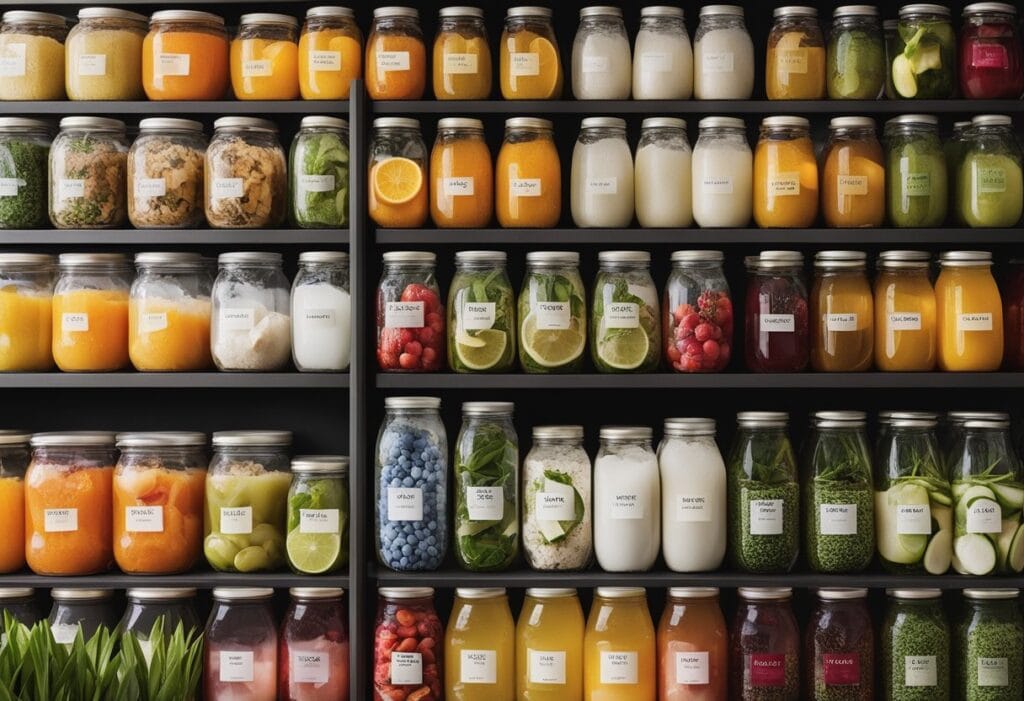
Hydration for Active Lifestyles
Staying hydrated is important for everyone, but especially for those with active lifestyles. When we exercise, we lose fluids through sweat, and it’s important to replace those fluids to avoid dehydration. The American Council on Exercise recommends that we drink 17-20 ounces of water 2-3 hours before exercising, and then 7-10 ounces every 10-20 minutes during exercise.
For longer workouts, it’s important to replenish electrolytes lost through sweat. Sports drinks can be a good option for this, but they should be consumed in moderation, as they can be high in sugar and calories. We can also replenish electrolytes through foods like bananas, avocados, and nuts.
Age-Specific Hydration Advice
Our hydration needs vary depending on our age, body weight, and metabolic needs. Infants and children have higher fluid requirements per kilogram of body weight than adults do. According to the National Academies of Sciences, Engineering, and Medicine, infants up to 6 months old need 0.7 liters of fluids per day, while children aged 1-3 need 1.3 liters, and children aged 4-8 need 1.7 liters.
As we age, our thirst sensation may decrease, making it harder to stay hydrated. Older adults should aim to drink at least 1.5 liters of fluids per day. They should also be mindful of medications that can increase the need for fluids, such as diuretics.
Pregnant and breastfeeding women also have higher fluid needs. The American Pregnancy Association recommends that pregnant women drink at least 80 ounces of fluids per day, while breastfeeding women should aim for at least 104 ounces.
In conclusion, it’s important to stay hydrated, but our hydration needs can vary depending on our age, body weight, and metabolic needs. We should aim to drink enough fluids to replace what we lose through sweat and urine, but we should also be mindful of our fluid intake, especially when it comes to sugary drinks. By staying hydrated, we can help our bodies function at their best.

